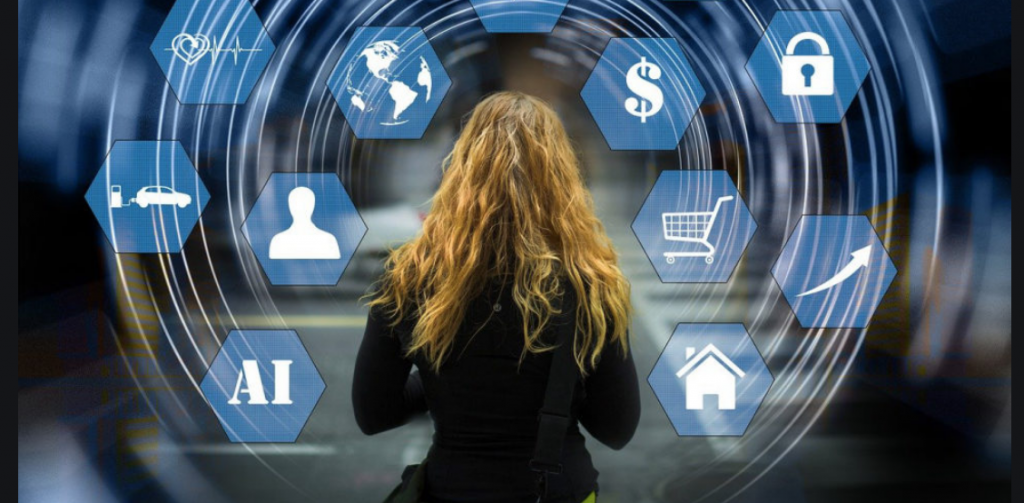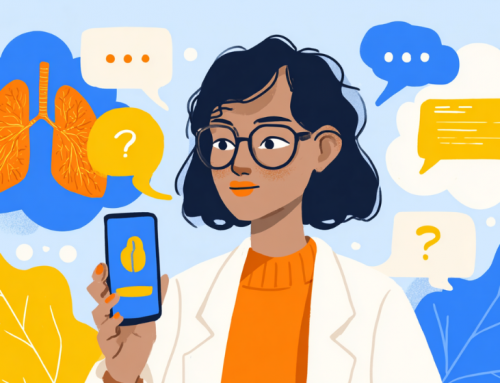
Decision-makers and tech innovators must prioritize children’s rights and wellbeing when designing and developing AI systems.
Study Finds Understanding AI Is Critical for Children and Adults Worldwide
How much is AI involved in your daily routine? That’s a hard question to answer. The amount of AI that touches you every day is growing by leaps and bounds. Now, what about the amount of AI that reaches into your child’s life? That may be a whole other set of talking points.
We found a new piece of reporting from weforum.org that says far more AI than you ever thought about is already touching you, your children, and your future.
A 2019 study conducted by DataChildFutures found that 46% of participating Italian households had AI-powered speakers, while 40% of toys were connected to the internet. More recent research suggests that by 2023 more than 275 million intelligent voice assistants, such as Amazon Echo or Google Home, will be installed in homes worldwide.
Between video games, homeschooling, and smartphones, children are actively involved with AI interactions.
The article by Natasa Perucica highlights how children are being introduced to and educated by AI-related data sources. One thing is certain: AI is speeding everything up. And somethings like education, by factors of 10 or more.
With such broad potential for use in the education system, forecasts by Global Market Insights suggest that the market value of AI in education will reach $20 billion by 2027.
What type of guidelines or oversight can we expect will be in place for the proceeding generations of students?
AI Changes Are Coming Fast In All Professions
Estimates suggest that, by 2065, 65% of children in primary school today will work in positions that have not yet been created. From a practical standpoint, AI should be incorporated into school curricula to equip future generations with coding skills and provide them with adequate AI training. At the same time, children should be taught to think critically about technology and to inform their judgments about related threats and opportunities.
How do we protect the education of our kids when we ourselves aren’t sure what it is that’s being used to teach them? That is precisely what the author is concerned about. How much do the parents comprehend the changes in our education system? And how does one prepare for jobs that aren’t even created yet?
It is an important question all parents should be asking themselves. Regardless of social-economic status, we all, and all of our children will be living in an AI-centric world. Far more so than the one we are currently living in.
This article has noted the security concerns of some earlier produced smart toys that had been pulled from shelves in 2017. It also points out the amount of effort the World Economic Forum and Unicef are putting in to try and ensure the education of the digital world is spread somewhat evenly to every child across the actual world.
There is so much about AI that will be required of the common man to begin to understand and work with. And just as importantly it is critical that your children understand it even more.
read more at weforum.org







Leave A Comment